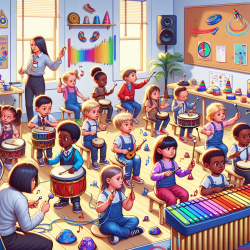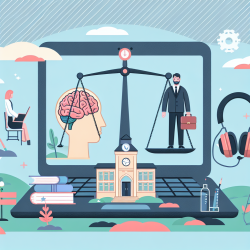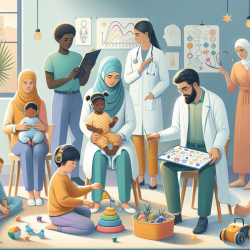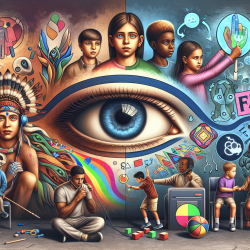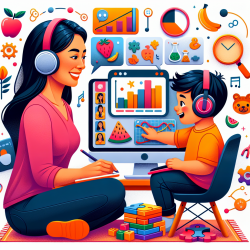Restlessness in children, often associated with ADHD, is a prevalent concern in educational and therapeutic settings. A recent study, "Is restlessness best understood as a process? Reflecting on four boys’ restlessness during music therapy in kindergarten," offers valuable insights into understanding and addressing this behavior through a community music therapy approach.
The research, conducted in a Norwegian kindergarten, focused on four boys whose restlessness was a concern for educators. The study identified four phases in the boys' restlessness during music therapy: Exploring musical vitality and cooperation, Consolidating positions, Performing together, and Discovering ripple effects. These phases illustrate how restlessness can evolve and be managed through structured and participatory music therapy sessions.
Key Findings and Implications for Practitioners
The study highlights several critical points for practitioners:
- Participation and Resource Orientation: Initial sessions may be chaotic, but as children become familiar with the structure and expectations, their participation improves. Emphasizing their strengths and interests can transform restlessness into constructive engagement.
- Ecological and Performative Qualities: Restlessness should be viewed within the context of the child's relationships and environment. Music therapy provides a space for children to explore new ways of interacting, both with peers and adults, leading to improved cooperation and performance.
- Activist, Reflective, and Ethics-Driven Approaches: Practitioners should reflect on their methods and the broader implications of their work. Engaging with parents and educators to create supportive environments can amplify the positive effects of therapy.
Practical Steps for Implementation
Based on the research findings, practitioners can take the following steps to enhance their approach to managing restlessness in children:
- Embrace a Process-Oriented Perspective: Understand that restlessness is not a fixed trait but a dynamic process that can change with the right interventions.
- Incorporate Music Therapy: Use music as a tool to engage children, allowing them to express themselves and develop social skills in a structured yet flexible environment.
- Collaborate with Educators and Parents: Foster a supportive network that includes teachers and family members to reinforce positive behaviors and provide consistent support.
By viewing restlessness through the lens of community music therapy, practitioners can better understand and address the underlying causes of this behavior, leading to more effective and compassionate interventions.
To read the original research paper, please follow this link: Is restlessness best understood as a process? Reflecting on four boys’ restlessness during music therapy in kindergarten.

